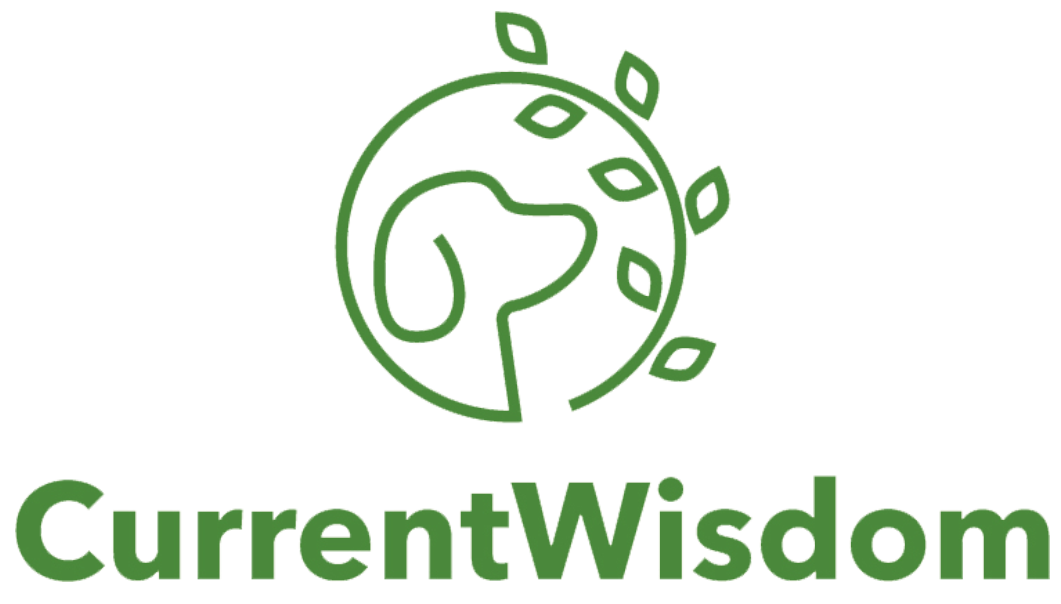A White Horse Named Woke
My sisters are nine and seven years younger than me.
As a teen, I would sit and listen to their problems. I focused on how I could be helpful or what a potential solution was and when I could, I would, with all the years of worldly experience I had at 17, tell them exactly how to fix it.
“Oh, Micah, shut up! You don’t understand!” followed by a slamming door.
It always left me perplexed. I was just trying to be helpful.
“But you aren’t.”
One day after watching this happen for what was probably the 100th time, my mom pulled me aside and asked me why I thought Marissa and Natalia reacted so negatively.
“One clue, Micah,” she said, “it’s not because you are a pompous ass.”
That certainly made the answer harder.
I thought about it for a long time. I truly didn’t understand. It couldn’t be the answers I provided, because they were right. Maybe it was how I delivered them?
“Micah, did they ask you to fix their problem?”
“No.”
“Your sisters, like many women, were asking you to listen, not to solve.”
And I got it.
Fast forward 5 years or so. I was working for the Council for Advancement and Support of Education, a non-profit that supported university fundraisers and alumni officers. I moved to DC from California after graduating University of California, Davis, where I was one of the top (Ok, honestly? I broke records!) student fundraisers on campus.
I was asked to be on a diversity committee. “What’s the purpose of the committee I asked?”
“To no longer need a committee.”
As part of this committee, we read the book Talking 9 to 5 by Professor Deborah Tannen, which, in short, said that men and women speak differently in the workplace, and since the workplace is dominated by men, the words and speech patterns of women restrict advancement.
For example, a man who asks a lot of questions in a meeting is often seen as probing/curious, whereas a woman is seen as unsure/subpar.
Communication is a continual balancing act, juggling the conflicting needs for intimacy and independence. To survive in the world, we have to act in concert with others, but to survive as ourselves, rather than simply as cogs in a wheel, we have to act alone. — Dr. Deborah Tannen
There are many examples of the difference in the way that men and women speak. Men use “I” more often than women. Men tend to focus on status; women on connection.
The book is 20 years old. Some has changed; unfortunately, a lot hasn’t.
After the sexual harassment stories surfaced a few weeks ago a flurry of “solution” posts (including one of mine) popped up from male allies. We men, were doing what we men do. Riding in on our white horses with solutions for everyone.
Soon after I wrote that post, my sister Natalia called me and explained that I was doing exactly what I used to do: providing solutions when none were asked for from me. I was wrong to assume that 1) I had the right solution; and 2) that I was “woke.”
She is right. While I applaud the Decency Pledge Reid put forth, and the strong stance the Foundry Group has taken with their zero tolerance on sexual harassment, they are, at best, beginnings.
Actually, let me roll that back, how sad is it that Brad, Jason, Ryan and Seth had to put what they already do as decent people in writing in case any current or future founders are confused about how sexual harassment should be handled? Or that a Decency Pledge even has to fucking exist? How hard is it to just be decent? I guess recent events show that it’s actually, surprisingly, hard.
What I haven’t seen is the answer to this question:
As a guy, what can we do for the ecosystem?
After getting a lot of suggestions privately, and on Facebook, here are some actions I am going to make a bigger effort to do. I do want to believe deeply that Silicon Valley, where I grew up and cut my teeth, is a meritocracy, but so many examples have cracked my rose colored glasses.
If you have comments, I would love to hear them (privately or publicly).
I will continue to highlight women, LGBT and people of color in industries (such as venture capital) via my online platform, and by providing deal flow where needed. I luckily know founders raising.
I will continue to help provide access to women, LGBT and people of color to venture capital and resources that I have relationships with or access to in order to drive additional opportunities.
I will spend more personal money with women, LGBT and people of color owned businesses.
I will invest in more women, LGBT and people of color owned businesses.
I will refuse to work with bad actors and call them out.
And, finally, I will listen without offering solutions, unless asked.
While I have no answers on how to fix the problems our community faces, or how men can be better allies, I can control me. Guess I’ll start there.
